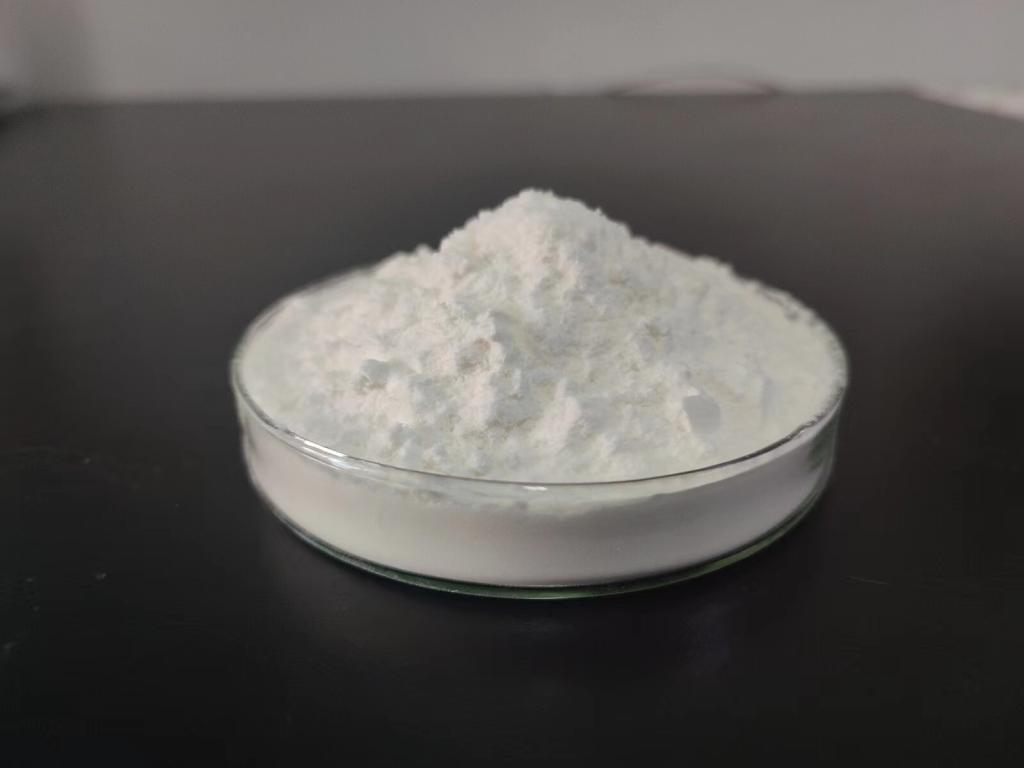Tel:+8618231198596

News
 CONTACT
CONTACT
 CONTACT
CONTACT
- Linkman:Linda Yao
- Tel: +8618231198596
- Email:linda.yao@dcpharma.cn
- Linkman:CHARLES.WANG
- Department:Overseas
- Tel: 0086 0311-85537378 0086 0311-85539701
News
The role of ε-Polylysine hydrochloride in reducing the need for refrigeration in packaged foods
TIME:2024-11-01
Understanding ε-Polylysine Hydrochloride
ε-Polylysine is a biodegradable, non-toxic polymer composed of lysine residues linked by peptide bonds. Its efficacy as a natural preservative stems from its ability to inhibit the growth of various spoilage organisms and pathogens, including bacteria, molds, and yeasts. Its safety profile has been affirmed by regulatory agencies, including the FDA and the European Food Safety Authority (EFSA), allowing its use in food products without concerns regarding toxicity.
Mechanism of Action
The antimicrobial activity of ε-polylysine is attributed to its ability to disrupt the integrity of bacterial cell membranes. By binding to the anionic components of the cell membrane, ε-polylysine induces cell lysis and inhibits bacterial growth. This mechanism makes it particularly effective against gram-positive bacteria, which are commonly associated with food spoilage.
Reducing the Need for Refrigeration
One of the most significant benefits of incorporating ε-polylysine hydrochloride into packaged foods is its potential to reduce reliance on refrigeration for food safety and preservation. Here are several ways in which ε-polylysine contributes to this goal:
1. Extended Shelf Life
By effectively inhibiting spoilage organisms, ε-polylysine extends the shelf life of perishable products. In products such as dairy, meats, and baked goods, the inclusion of ε-polylysine can significantly slow microbial growth, reducing the need for refrigeration. Studies have shown that ε-polylysine can maintain the quality and safety of food products for longer periods, allowing manufacturers to offer products that remain safe and palatable without constant refrigeration.
2. Temperature Tolerance
ε-Polylysine exhibits stability under a range of temperature conditions. While high temperatures can lead to its degradation, the use of ε-polylysine in room-temperature or slightly elevated conditions has been shown to maintain its antimicrobial efficacy. This property is particularly beneficial for products that do not require strict refrigeration, such as shelf-stable sauces, snacks, and convenience foods.
3. Synergistic Effects with Other Preservatives
When used in combination with other natural preservatives or processing techniques, ε-polylysine can enhance overall preservation strategies. For instance, its efficacy can be synergistically improved when combined with natural extracts, essential oils, or modified atmosphere packaging (MAP) techniques. These combinations can create a multi-barrier effect against microbial growth, allowing products to be stored at ambient temperatures without compromising safety or quality.
4. Consumer Convenience
Reducing the need for refrigeration aligns with the increasing consumer demand for convenience and ready-to-eat options. Products containing ε-polylysine can be marketed as shelf-stable and easy to store, appealing to consumers seeking accessible, long-lasting food choices. This convenience not only benefits consumers but also allows manufacturers to optimize distribution and inventory management by reducing the need for cold chain logistics.
Applications in the Food Industry
The application of ε-polylysine hydrochloride in various food products has shown promising results:
Dairy Products: In cheese and yogurt, ε-polylysine helps control spoilage bacteria while extending shelf life, allowing these products to be stored at higher temperatures without compromising safety.
Meat and Poultry: The use of ε-polylysine in meat products can significantly reduce spoilage and pathogenic bacteria, offering a solution for reducing refrigeration needs in packaged meat items.
Ready-to-Eat Meals: In ready-to-eat meals and convenience foods, ε-polylysine can help maintain freshness and safety without the need for constant refrigeration, making it an attractive option for meal prep and on-the-go consumers.
Regulatory Considerations
As the use of ε-polylysine hydrochloride in food products increases, regulatory considerations will continue to be essential. While its safety has been affirmed by various agencies, manufacturers must ensure compliance with food safety regulations and proper labeling practices. Transparency in ingredient lists and clear communication about the benefits of using ε-polylysine can foster consumer trust and acceptance.
Conclusion
ε-Polylysine hydrochloride represents a significant advancement in food preservation technology, particularly in reducing the need for refrigeration in packaged foods. By extending shelf life, exhibiting temperature tolerance, and offering consumer convenience, ε-polylysine can enhance food safety and quality in various applications. As the food industry continues to evolve, the incorporation of ε-polylysine into formulations can support the development of innovative, shelf-stable products that meet consumer demands while addressing the challenges of food safety and sustainability. Ongoing research and regulatory compliance will further bolster its position as a key player in the future of food preservation.
- Tel:+8618231198596
- Whatsapp:18231198596
- Chat With Skype







